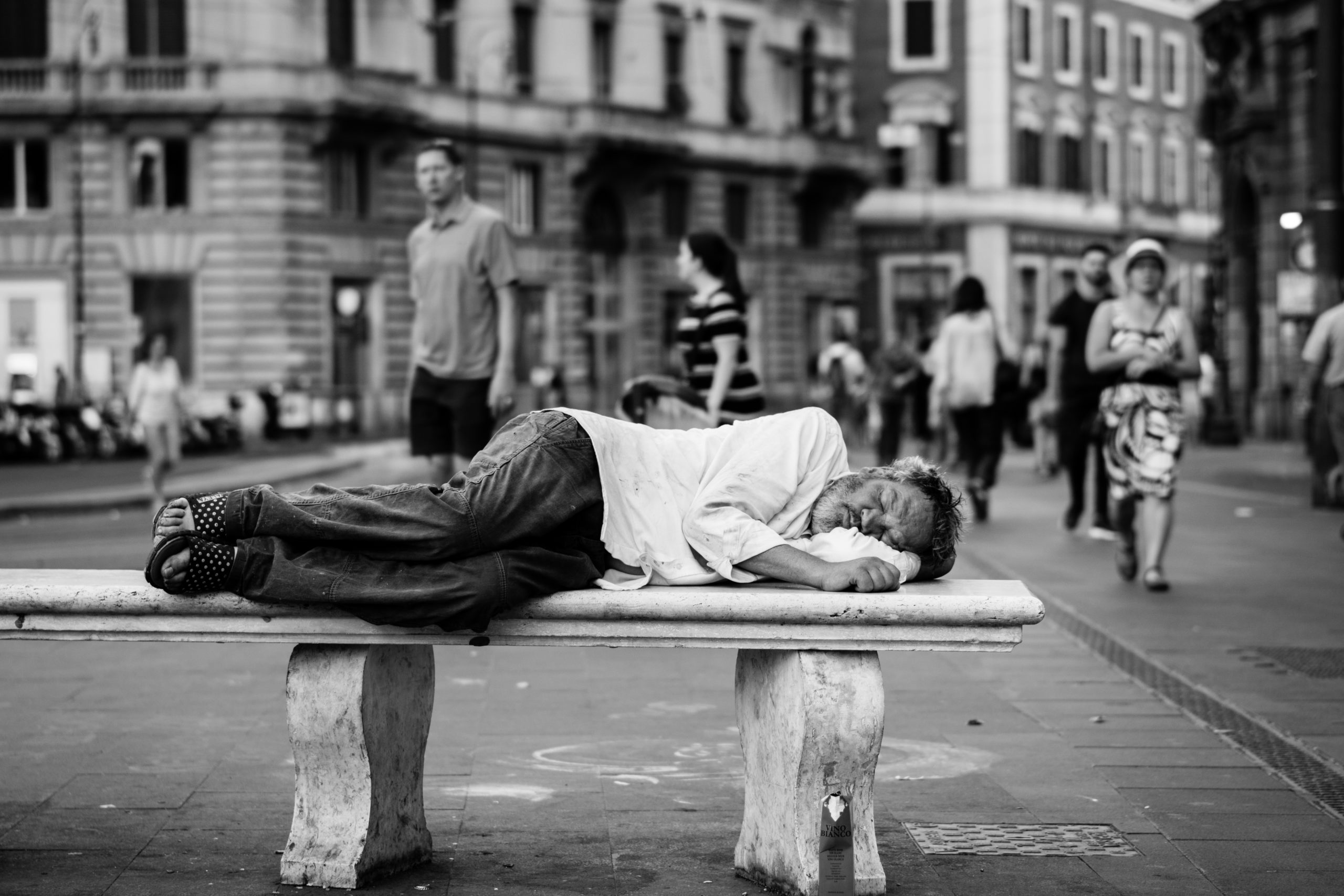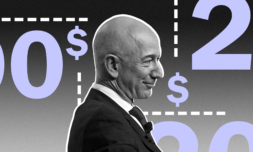According to Oxfam, it could take over a decade for the world’s poorest to recover from Covid-19’s impact on the economy unless governments take immediate action.
It could take the world’s poorest over ten years to recover financially from the economic fallout of the ongoing Covid-19 pandemic, according to a new report published by Oxfam International.
The anti-poverty organisation is urging governments to act fast and ‘set concrete, time-bound targets to reduce inequality’ amidst the ‘greatest rise in inequality since records began.’
Most alarmingly, while the number of people living in poverty has doubled to more than 500 million since last March, the combined wealth of society’s richest has grown by $3.9tn – helped by a rebound in stock markets – as revealed by the UK-based charity.
To put this into perspective, the incomprehensible total of their wealth (which now stands at $11.95tn) is equivalent to the amount that governments in the largest 20 developed and developing nations (G20) have spent in response to the Coronavirus crisis.
Oxfam also uncovered that the recession is already over for the world’s top 1,000 billionaires who were able to recoup their losses in just nine months following the initial outbreak.

In contrast, the ‘shock’ of the millions who lost their jobs that are currently facing destitution and hunger is set to reverse the decline in global poverty that’s been achieved since the turn of the century, further widening the chasm between rich and poor.
‘The increase in the fortunes of those at the top of the economic ladder, alongside the significant negative impacts on those at the bottom, is driving up economic inequality,’ explains the brief, which draws upon data from a survey of 295 economists from around the globe to support its findings.
With a staggering amount of these billionaires holding ‘more wealth than they could spend in a thousand lifetimes’ far before the pandemic even began, it’s especially concerning for historically marginalised groups including BIPOC communities, indigenous peoples, and women going forward.
‘Women and marginalised racial and ethnic groups are bearing the brunt of this crisis. They are more likely to be pushed into poverty, more likely to go hungry, and more likely to be excluded from healthcare,’ states the report.
This has prompted calls for authorities to address the highly disproportionate impact of Coronavirus and the manner in which it has deepened long-standing systemic inequalities across race, gender, class, and ability.





















